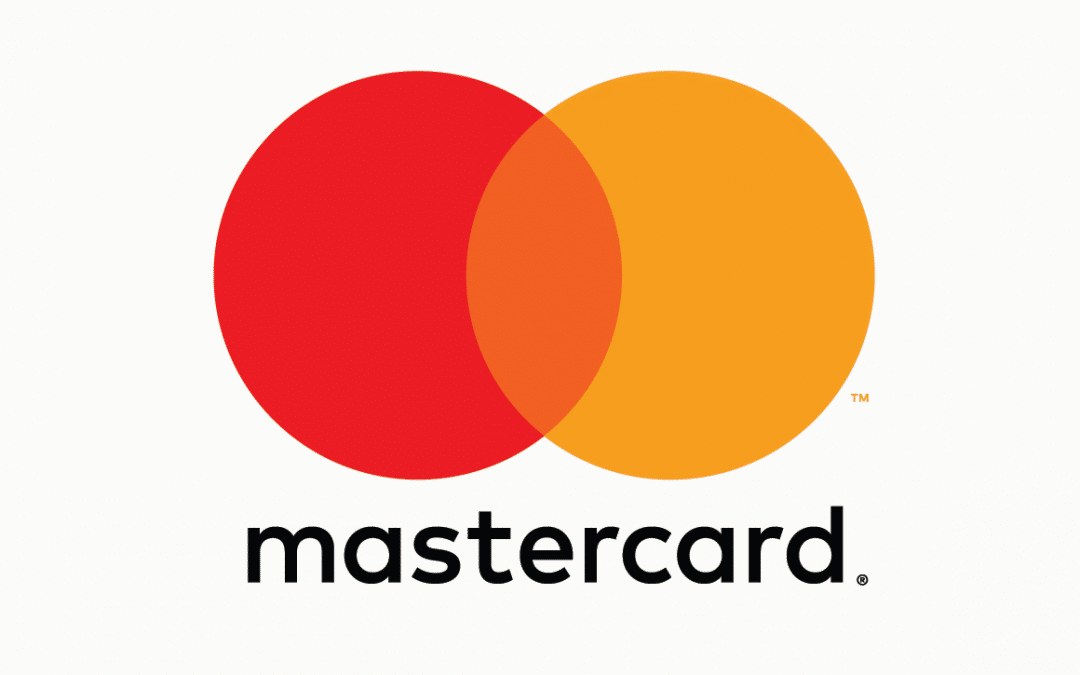Mastercard, a leading technology company in the global payments industry, continues to champion the fundamental role of smart cities in enabling a more connected and inclusive future for Africa. The company reaffirmed its commitment to supporting the development of smart cities through meaningful partnerships with both the public and private sector at the recent World Cities Summit in Singapore, where Mastercard was a patron sponsor.
Markets across the region are already heavily investing in the future of cities, with figures from the International Data Corporation (IDC) forecasting spend on technologies that enable smart city initiatives will reach $1.26 billion in the Middle East and Africa (MEA) in 2018. Commending the exceptional efforts of regional governments in implementing smart city initiatives and creating more opportunities for their cities’ transformation into vibrant hubs for innovation, Mastercard experts at the Summit shed light on the significance of a Public-Private-People (3P) model and data analytics as key enablers of the technologies that will open doors to the cities of the future.
“An inclusive future for all is a shared responsibility and we believe that effective collaborations hinged on a dynamic Public-Private-People model is the way forward if we want to unlock the full potential of our cities. Mastercard is focused on making cities more efficient and inclusive by enabling ecosystems that benefit residents, visitors and local businesses. The key to the success of these cities is partnerships, and we will continue to engage with governments, NGOs and leaders in innovation to enable a smarter and more connected future for all,” said Anton van der Merwe, Vice-President, Acceptance at Mastercard.
As part of its participation at the Summit, Mastercard welcomed a delegation of the region’s most prominent journalists and influencers, where it facilitated in-depth discussions with industry experts and showcased the latest technologies to demonstrate and build advocacy for smart and connected cities.
With two billion adults around the world still lacking access to financial services, Mastercard is helping advance inclusive communities worldwide through its collaborations. The company has partnered with over 60 governments globally to deliver more than 1,600 scalable programs in various cities and communities.


